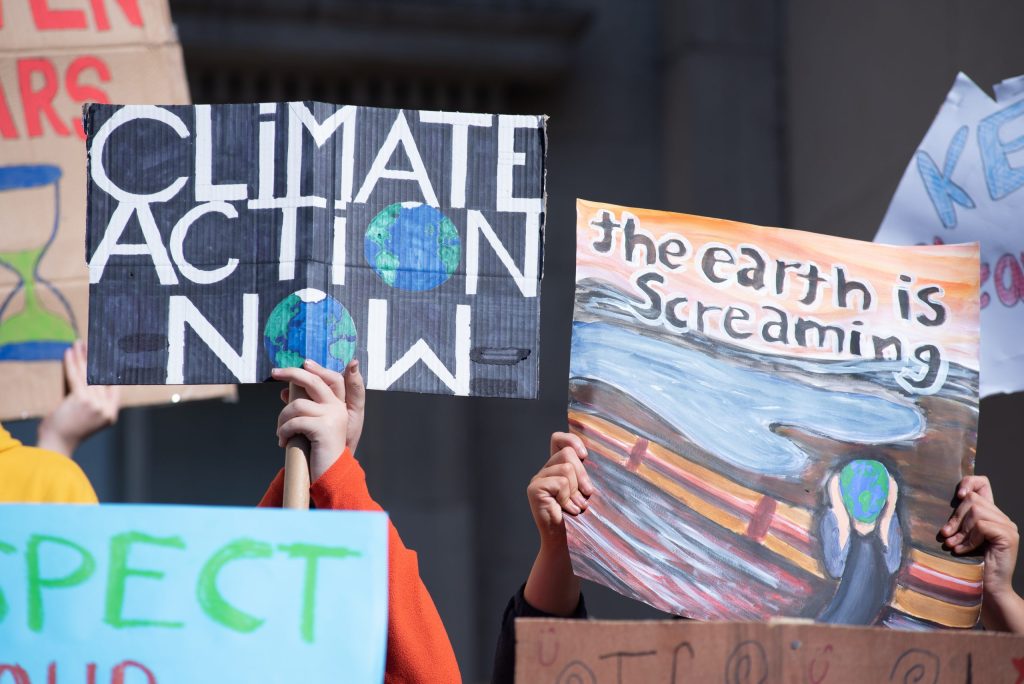
Kashaf Ali
In the 21st century, climate change has emerged as one of the most pressing challenges facing our planet. The consequences of human activities on the environment are becoming increasingly evident, and urgent action is needed to address the alarming rate of global warming. This blog aims to shed light on the intricacies of climate change, its impact on the planet, and the imperative need for collective action.
Understanding Climate Change
Climate change refers to long-term changes in temperature, precipitation, and other atmospheric conditions on Earth. While natural factors contribute to climate variability, the current trends are largely attributed to human activities, such as burning fossil fuels, deforestation, and industrial processes. The accumulation of greenhouse gases, primarily carbon dioxide, traps heat in the atmosphere, leading to a rise in global temperatures.
Consequences of Climate Change
The effects of climate change are diverse and far-reaching. Rising sea levels threaten coastal communities, extreme weather events intensify, biodiversity loss accelerates, and vulnerable ecosystems face unprecedented challenges. These changes not only impact the environment but also pose significant risks to human health, agriculture, and economies worldwide.
The Role of Human Actions
Human activities are at the forefront of driving climate change, but they also hold the key to mitigating its effects. Transitioning to renewable energy sources, adopting sustainable practices, and promoting conservation efforts are crucial steps in reducing our carbon footprint. Individuals, businesses, and governments must collaborate to implement policies and initiatives that prioritize environmental sustainability.
Global Cooperation
Climate change is a global challenge that requires a united front. International cooperation is essential to address the complexities of this issue. Agreements like the Paris Agreement aim to bring nations together in the pursuit of limiting global warming and adapting to its unavoidable consequences. It is paramount that countries honor their commitments and work collaboratively to achieve a sustainable future.
Adaptation and Resilience
As the planet changes, adaptation strategies become vital. Building resilience in communities, developing climate-smart infrastructure and enhancing disaster preparedness are essential components of addressing the impacts of climate change. Empowering local communities with the knowledge and resources to adapt is critical to creating a more sustainable and resilient world.
The Call to Action
Individually and collectively, we have a responsibility to address climate change. By making sustainable choices in our daily lives, advocating for environmentally conscious policies, and supporting initiatives that prioritize the health of our planet, we can contribute to positive change. The urgency of the situation demands immediate and concerted efforts from individuals, businesses, and governments alike.
Conclusion
Climate change is a defining challenge of our time, requiring unwavering commitment and action from all corners of the globe. By understanding the causes and consequences of climate change, embracing sustainable practices, and fostering international cooperation, we can strive towards a future where our planet thrives, and generations to come inherit a healthier, more resilient Earth.
_____________________
The author is studying in the department of STEM Education at Lahore College for Women University.

